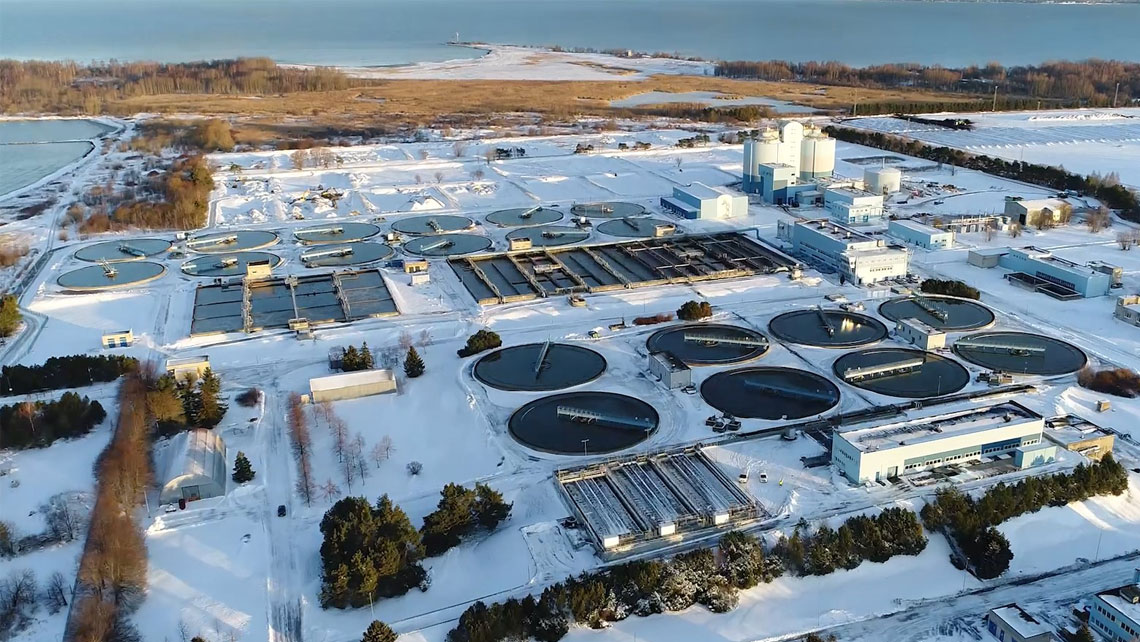In wastewater treatment, choosing the right coagulant and dosage is very important. The pH of the wastewater is also very significant – the optimum pH range for precipitation with aluminum salts is between 5-7, while iron salts can be used in the range 5-11.
Kemira’s range of inorganic coagulants used in water treatment is the most comprehensive in the industry and includes a variety of aluminum based coagulants, iron sulphate based coagulants and iron chloride based coagulants. We manufacture the inorganic coagulants at multiple locations around the world, which ensures fast delivery and high security of supply.
From a sustainability point of view, most of the raw materials used in coagulants originate from industrial by-products; these are known as Alternative Raw Materials (ARMs) and they result in a lower carbon footprint for both iron and aluminum coagulants. We supply sustainable water treatment chemistries to various water-intensive industries and municipal wastewater treatment.
Applications for inorganic coagulants include e.g. the following:
- Municipal and industrial wastewater treatment
- Potable water treatment / drinking water production / raw and surface water treatment
- Specific industrial applications where inorganic coagulants are used as raw materials
Aluminum and iron based coagulants are used in a variety of water treatment applications, such as particle removal (including microplastics), TOC removal, phosphorus removal (chemical precipitation), BOD and COD removal (removal of oxygen consuming organic substances), color removal, metals removal, hydrogen sulfide removal, sludge conditioning, sludge dewatering, bulking sludge or lake restoration.





